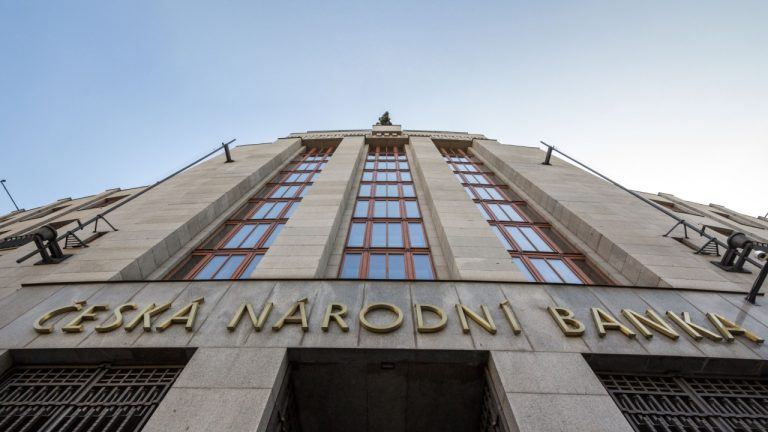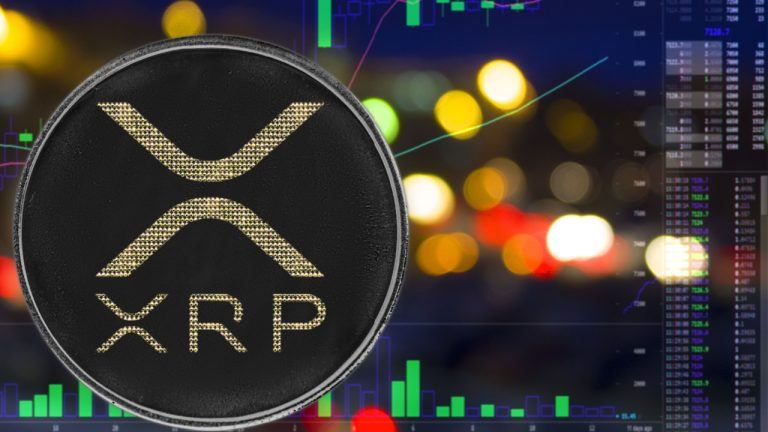
CFTC Commissioner Kristin Johnson touts DCCPA bill in market risk advisory meeting

The committee meeting was Johnson’s first as committee sponsor; she chose to concentrate on digital assets and the Digital Commodities Consumer Protection Act in her opening.
The United States Commodity Futures Trading Commission (CFTC) Market Risk Advisory Committee (MRAC) held its first meeting with its new membership Sept. 28. In her opening statement, the committee’s sponsor, Commissioner Kristin N. Johnson, ran through a laundry list of issues for consideration, but spent the bulk of her time talking about digital assets.
This is the first MRAC meeting under Johnson’s leadership. She gave a summary of CFTC actions in the crypto space, including the controversial Ooki DAO case, the recent White House Comprehensive Framework for Responsible Development of Digital Assets and the CFTC roundtable on non-intermediationheld earlier this year.
Investigation, enforcement and new guidance can give clarity and certainty to market participants, Johnson said. Cryptocurrency industry and traditional market participants “desire a clear indication of the Commission’s next steps,” she added.
I’m honored to join my first meeting as an official member of @CFTC’s Market Risk Advisory Committee tomorrow at 9:30am. Thank you @CFTCjohnson for including me in the discussion. https://t.co/JdR2Ni7Woe
— Kristin Smith (@KMSmithDC) September 28, 2022
Johnson then turned her attention to the Digital Commodities Consumer Protection Act of 2022 (DCCPA), introduced by Senate Agriculture Committee members Debbie Stabenow and John Boozman. The Senate Agriculture Committee has oversight over the CFTC. The bill, she noted, expands the definition of commodity in the Commodities Exchange Act to include digital commodities and requires digital commodity platforms to register with the CFTC.
In addition, the DCCPA would require market participants to join the derivatives markets self-regulatory organization the National Futures Association, which would give customers recourse to the CFTC’s Reparations Program, which is:
“A cost-effective way for customers to address their grievances with a registrant without having to hire a lawyer and engage in costly litigation or arbitration.”
In addition, the DCCPA “may be transformative” in the way it fosters inclusion of underbanked and underrepresented communities in the traditional finance markets, Johnson said.
Related: CFTC labels 34 crypto and forex firms as unregistered foreign entities
The DCCPA is one of several bills in Congress that would regulate digital assets. Others include the Lummis-Gillibrand Responsible Financial Innovation Act and the Digital Commodity Exchange Act of 2022 in the House of Representatives.
Go to Source
Author: Derek Andersen









